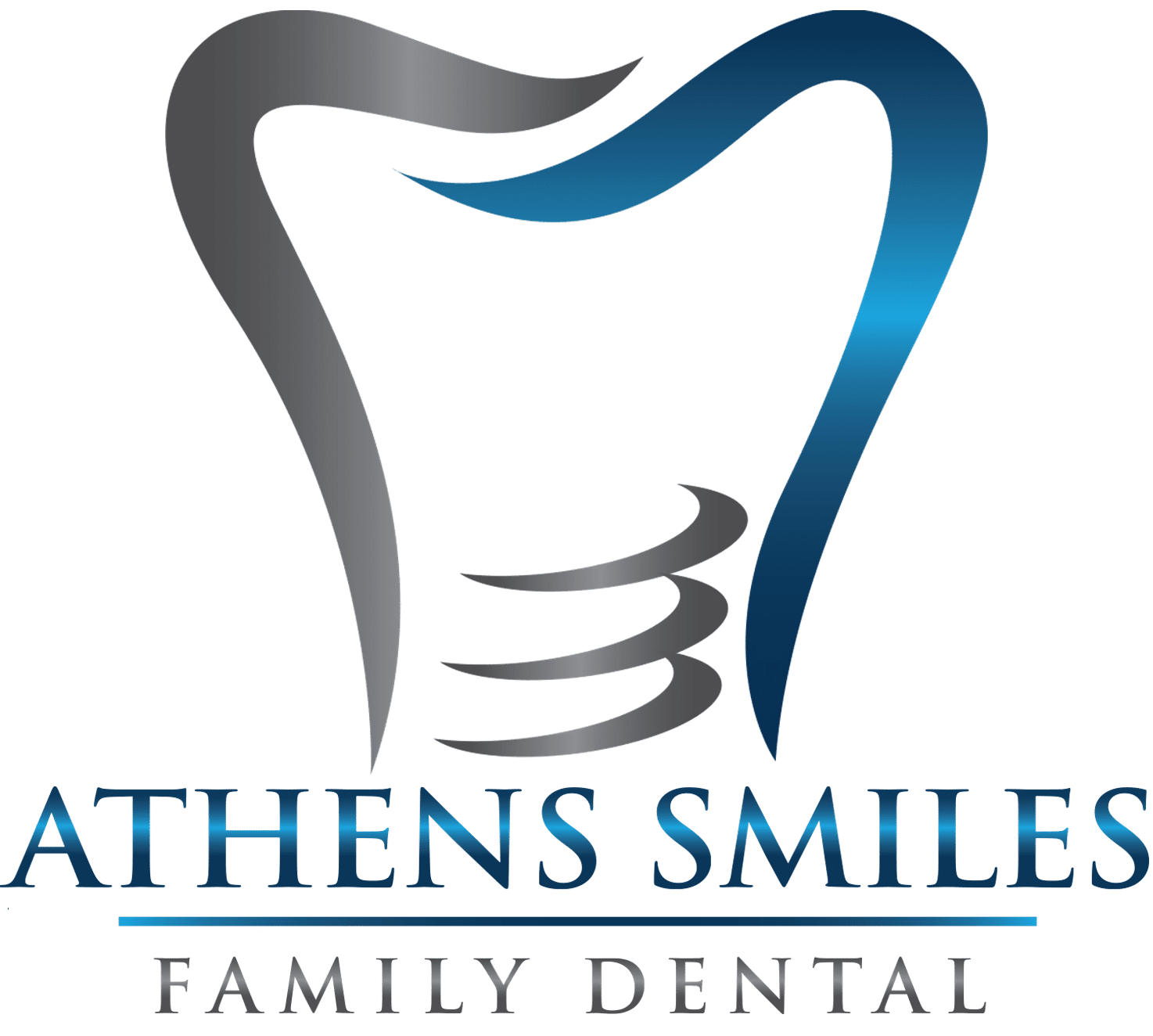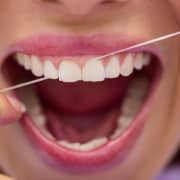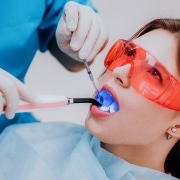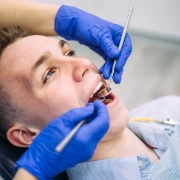Critical Flossing Mistakes Most People Make and How to Avoid Them
Ask any dentist in Athens, TX and they will tell you that flossing is an extremely important part of any daily dental routine. But what if you are doing it wrong? Believe it or not, most people aren’t flossing correctly, which could result in oral health problems.
Critical Flossing Mistakes Most People Make and How to Avoid Them
Take a look at these flossing mistakes to see how many of them you are making. You will then learn how to correct them.
- Flossing Too Quickly
If you’re flossing too quickly, you risk not properly cleaning the tartar build-up on your teeth. So take a little extra time to floss your teeth properly.
- Not Flossing Both Sides of Each Tooth
Most people only floss one side of each tooth. The space between your teeth shouldn’t be treated as a single gap. Take a little extra time and floss up and down both sides of every tooth.
- Flossing Too Often
You should only be flossing your teeth once a day. If you floss your teeth more than that, you risk damaging your gums.
- Flossing Too Aggressively
If you floss too aggressively, you could damage your gums. It’s easy to get in a hurry so you can get your flossing over with. However, upon doing so, it’s easy to floss too aggressively. Slow down and take a bit more time to floss your teeth so you don’t damage your gums.
- Flossing at the Wrong Time
We recommend flossing your teeth before you brush them every night before going to bed. And make sure you visit your dentist for routine dental care in Athens, TX to help keep your mouth healthy.
- Flossing After Brushing
It’s best to floss before brushing. The flossing will help dislodge any food and tartar between your teeth and the brushing will help brush that food and tartar away.
Do You Need a Dentist in Athens, TX?
If you need a dentist in Athens, TX, please Contact Athens Smiles Family Dental today. We provide quality, gentle, dental services in a friendly, relaxing, and comfortable environment.







